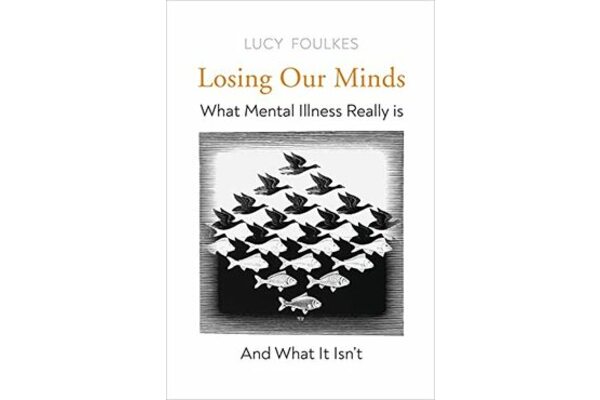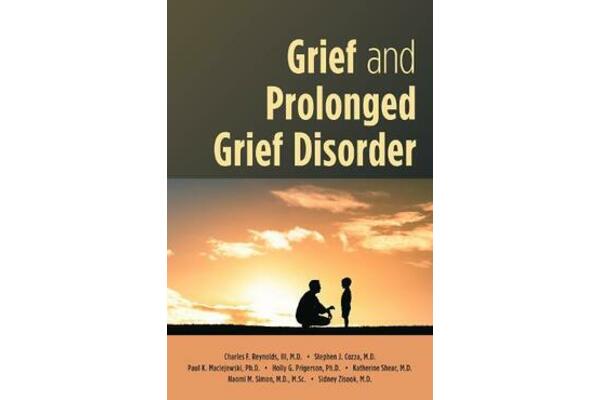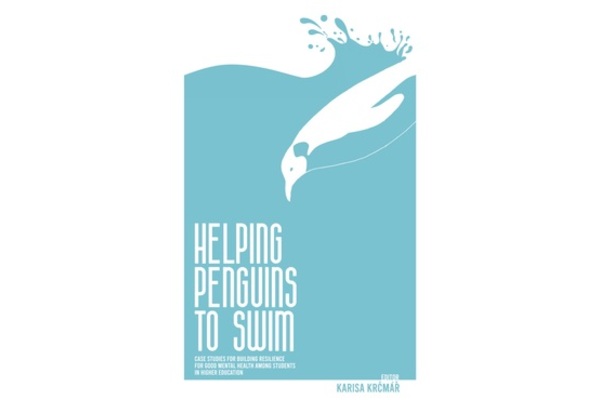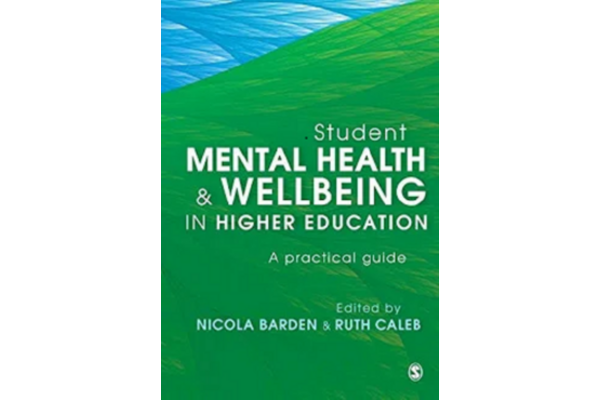This is a timely and very readable book about the concept of mental illness, the language we use to describe distress, and the difference between normal human experiences of worry, sadness and stress and diagnosed illness. The book is beautifully structured, working through the causation of illness and distress, the timing of onset, treatments and tools to combat it, and its exacerbating factors. She reaches a memorable and moving conclusion clearly driven by a desire to respect and help people along all points of the distress-illness spectrum. Her overall aim is to work out how we can distinguish between ‘normal’ distress and illness in an area that is so intangible and misreported. Her approach is throughout pragmatic and empathetic.
Foulkes starts from the position that we need to maintain a boundary between the normal and the pathological. She explores the difficulty of doing this with symptoms on a spectrum and identical potential causation of distress and illness. However, she then returns to the need nonetheless to do this, and how we might use language, and approaches to ‘treatment’ to hold this line.
She begins with the observation that entry-level increased awareness of MH issues, and campaigns to encourage ‘talking about it’ are not matched by appropriate targeted help at the other end of the process, and does not identify those with pathological difficulty who need adjustment and treatment. ‘In the rush, normal becomes illness’.
Foulkes considers why the majority of people don’t experience mental illness despite predisposing factors and traumatic life events, and beautifully weaves up-to-date commentary on the psychological distress caused by COVID into longer-standing debates. The section on trauma and grief is particularly thought-provoking.
Foulkes writes beautifully even about topics familiar to Mental Health Advisers such as adolescent development and biology; these sections act as useful reminders, and her engaging style means it never felt like something I already knew. She has a gift for rigorous analysis and appraisal of research and statistics without being ‘dry’, and makes even complex issues very accessible, such as the media’s promotion of a recent ‘epidemic’ of mental illness.
She manages to write respectfully and carefully about all experiences of mental health distress so is unlikely to be criticized for downplaying or dismissing those at the ‘normal experience’ end of the spectrum’ and actively tackles concepts such as the ‘snowflake’ term aimed at young people. Her empathy is constant and subtle for people along the full spectrum of experience, and she skilfully and consistently manages not to take a polarized view of these issues, unlike as she notes the media and much public discussion. She devotes a chapter to our use of language and its importance to distinguish illness, but manages not to belittle negative feelings and experiences which might be below a threshold for a diagnosis. She comfortably inhabits the grey areas of these debates and is able to expand potential consequences of societal and professional approaches very widely, for example the risk of collusion with avoidant behaviour if we universally categorize presentation anxiety as a mental disorder.
Foulkes condenses brain biology and causation of mental illness very efficiently and concisely, avoiding jargon and specialist language and evidences reasons for scepticism around media reporting. She explores the demonization of social media with impressive breadth, and a challenging and balanced consideration of up-to-date evidence which challenges mainstream assumptions.
The author refers to her own experience of mental illness from the outset, but not excessively or centrally; this also helps her not to alienate readers who might be defensive or offended round these issues, and makes her final conclusion highly moving and relatable.
As an experienced mental health professional I really enjoyed this book and think it would be received likewise by the general public, parents and those who have experienced mental health distress and illness. In our sector, it would inform and interest University staff not involved in central professional support services, but with an interest or involvement in more general pastoral student care. I highly recommend it, and its accessibility at all levels of prior knowledge reflect her high level of writing skill and professional expertise.
Kate Augarde
Mental Health Adviser, University of Durham









